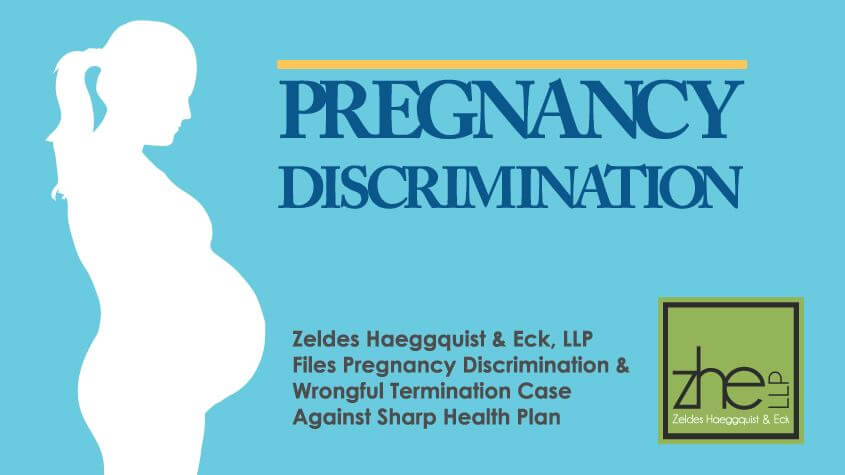
Aaron Olsen Promoted To Partner
Haeggquist & Eck has promoted attorney Aaron Olsen, who earlier this year served as co-lead class counsel in litigation against Donald Trump and Trump University,

Haeggquist & Eck has promoted attorney Aaron Olsen, who earlier this year served as co-lead class counsel in litigation against Donald Trump and Trump University,

Sharp Health Plan wrongfully terminated two employees who were eight months pregnant this fall because the women planned to take legally protected pregnancy leave, a

The lawyers in our firm are deeply entrenched in the local fight against sex and human trafficking in San Diego County, which a 2013 study

San Diego (November 27, 2013) – On April 17, 2013, the 9th Circuit issued an Order reversing the district court’s denial of an Anti-SLAPP motion to strike a

The New York Daily News on Monday reported on the Trump University class-action lawsuit filed by Zeldes & Haeggquist LLP, as well as investigations by

April 30, 2010 FOR IMMEDIATE RELEASE San Diego, April 30, 2010 – Haeggquist & Eck, LLP, and Robbins Geller Rudman & Dowd, LLP on April 30, 2010, filed